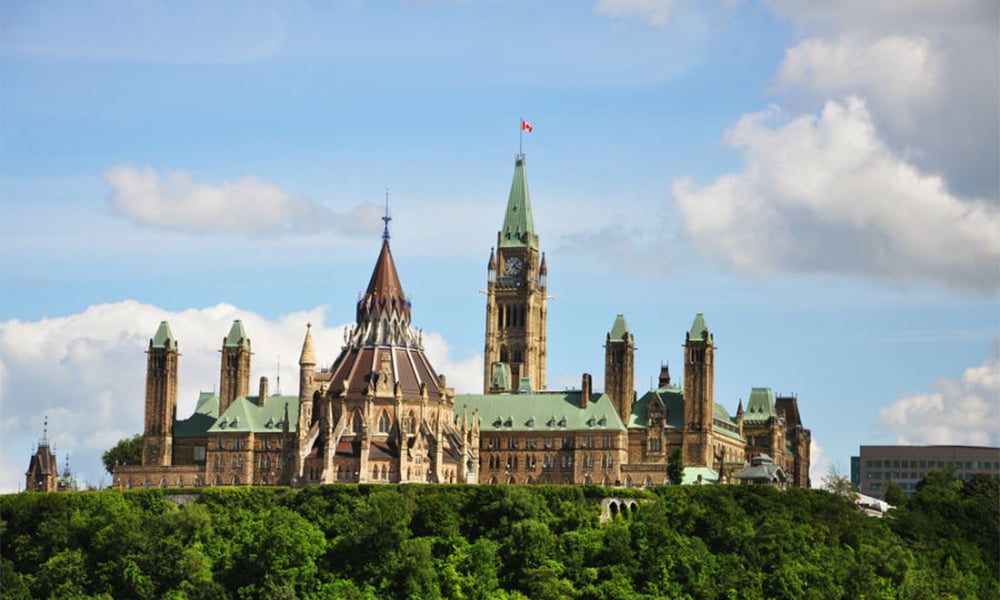Changes ‘do not impact employee’s right to eligible termination, severance and vacation pay upon termination’

The federal government has extended the time period given to federally regulated employers to recall temporarily laid-off workers by up to six months amid the COVID-19 pandemic.
Under the new rules set out in the Canada Labour Standards Regulations, the period is extended by six months or to Dec. 30, 2020, whichever occurs first, for employees laid off before March 31, 2020.
For employees laid off between March 31, 2020 and Sept. 30, 2020, the period is extended until Dec. 30, 2020 unless a later recall date was provided in a written notice at the time of the layoff.
“We know that many employers who have had to temporarily lay off employees intend to bring them back to work,” says Filomena Tassi, minister of labour. “However, there is still a great deal of uncertainty regarding exactly when that will be possible. That’s why we are taking action to protect the jobs of those employees and to support those employers by giving them more time to recall their employees.”
Before these changes, employers could temporarily lay off employees for up to three months if no notice with a recall date was provided, or for a period of up to six months if they provided a notice with an expected recall date, before the layoff became a termination.
The changes do not apply to employees who are covered by a collective agreement that contains recall rights, says the government.
Employees whose employment had already been terminated before the coming into force of the amendments are also not covered. The previous rules will apply to layoffs occurring after Sept. 30, 2020.
In addition, the time that an employee is laid off will continue to count towards their continuity of employment and will thus be factored into the calculations for termination pay and severance pay if their employment is eventually terminated, says the government.
“The amendments do not impact an employee’s right to eligible termination, severance and vacation pay upon termination.”
But the new rules delay workers from collecting their severance and vacation pay from employers that laid them off, tweets Nick Milanovic, an adjunct professor in the Department of Law and Legal Studies at Carleton University in Ottawa.
“The feds are worried that the pay would burden employers. So the PM will make workers wait to be paid.”
Prime Minister Justine Trudeau recently announced an eight-week extension on the Canada Emergency Response Benefit (CERB) coverage.
Earlier, the Ontario government changed the rules so that employees temporarily laid off due to the pandemic are now considered on leave.




